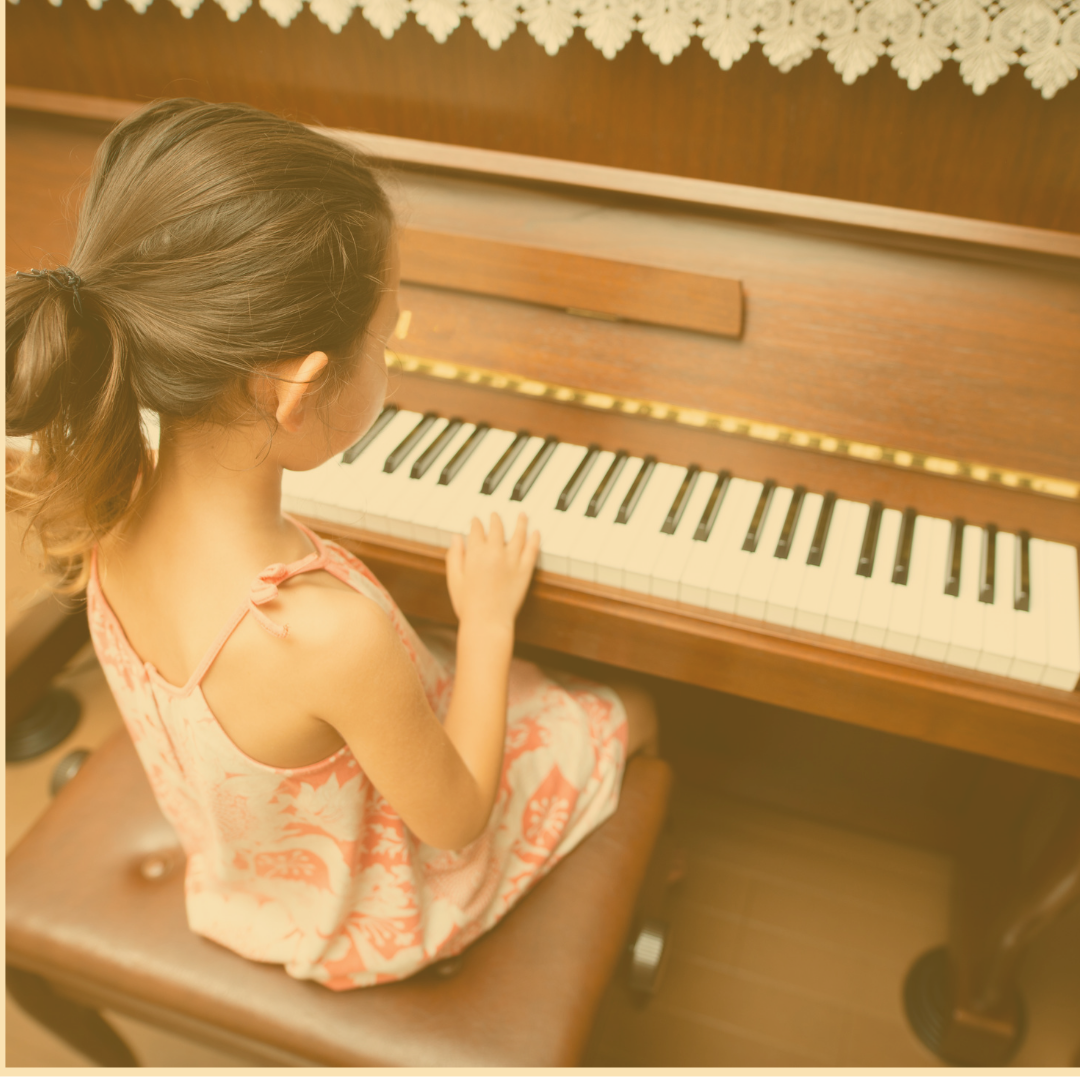
Tuning Your Piano
After working hard on a piece of piano music, the last thing you want is to hear the music on an out of tune piano. For beginning and advanced students alike, tuning can make the difference in feeling satisfied with their piano playing. It’s much more encouraging to keep practicing if the work produces a beautiful sound. Having a tuned piano is more than just the right pitches, the overtones add inspiration and beauty to a piece of music. Especially when playing complex chords or transcribing music it is very important to have a well-tuned piano. I once had a student with a very out of tune piano, when we played complex music we would say “it sounds bad right now, but just remember it will sound right once the piano is tuned.” The student was so thrilled when they were finally able to hear all their beautiful playing on a tuned piano.
Piano keys have strings attached to each note. The piano tuner goes through each string and adjusts it’s tightness so that the string resonates at the correct frequency. The piano tuner uses tools such as specialized hammers, screwdrivers, pliers, mutes, and tuning forks to adjust the tuning.
The most common factor that causes pianos to go out of tune is changes in humidity. These changes in the air cause the soundboard to expand with moisture (causing the piano to go sharp), or have moisture drawn out (causing the piano to go flat). A piano will go out of tune even if it is never played.
The general recommendation is that a piano be tuned twice a year. However, pianos in professional recording studios or concert halls are tuned 3-4 times a week. Each piano and it’s set of environmental factors is different, adjust your piano tuning schedule accordingly.
Check out these piano tuners in NYC:
Big Wrench Piano Care, (718) 599-9434
Ethan Janney, (718) 283-4283
PianoLand, (718) 376-2415